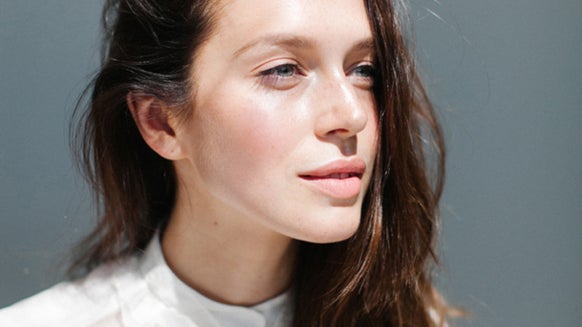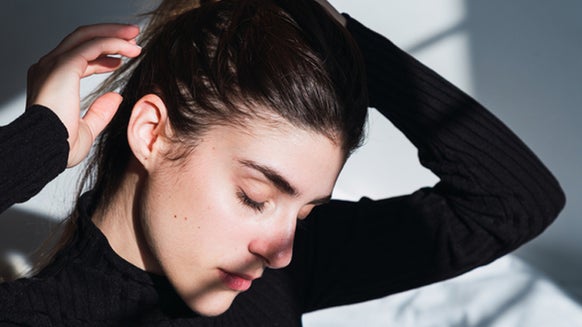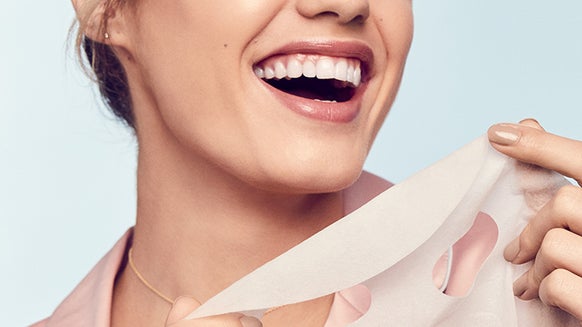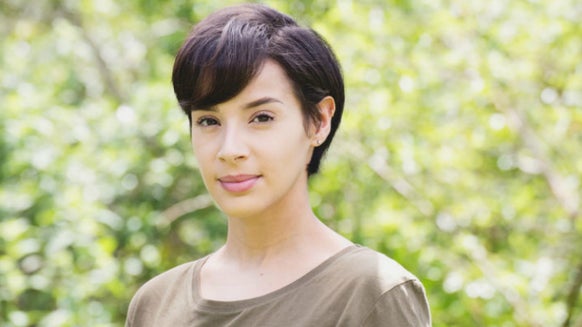6 Ways to Prevent Skin Cancer, According to a Dermatologist
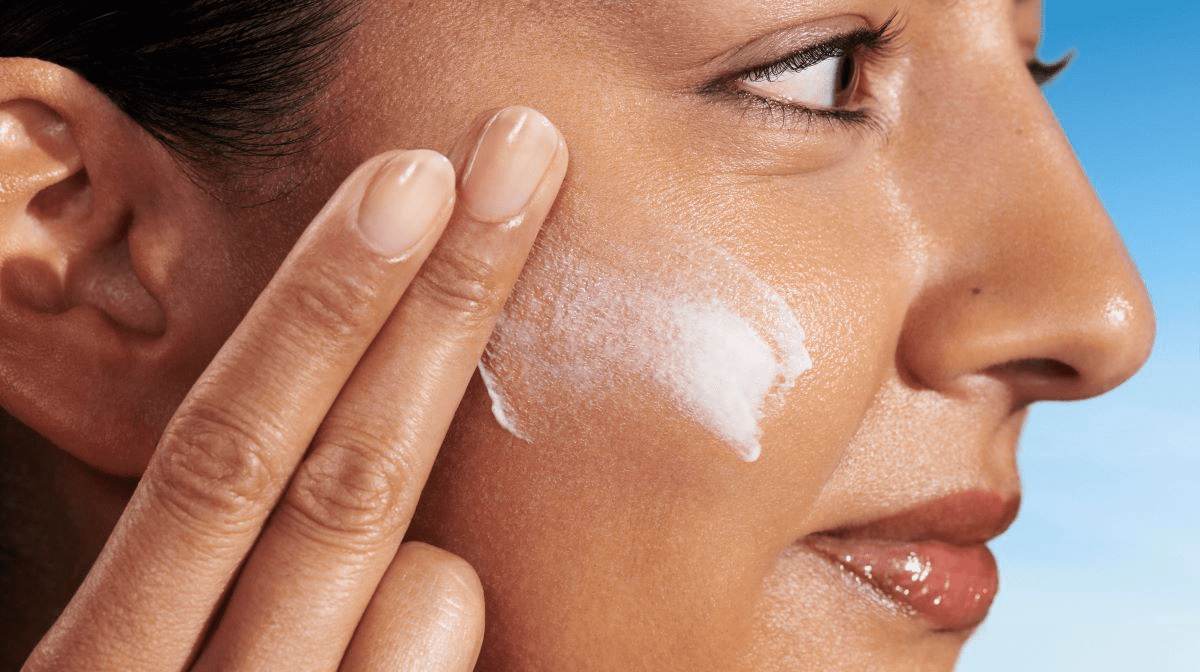
Of all the types of cancers that Americans face, skin cancer is the one that you can prevent easily. Since one in five people will develop skin cancer in their lifetime, UV radiation-included skin concerns can first surface as easy-to-address skin texture changes and premature aging, which should serve as an indicator to get your skin checked.
Dermatologists are keen on adequate sun protection via sunscreen, sun protective clothing, and avoiding tanning beds at all costs, as well as the sun when it is at its peak throughout the day. Ahead, we share the easy-to-implement ways to reduce the risk of skin cancer with the help of board-certified dermatologist Whitney Bowe so that you can keep yourself well protected.
Table of Contents:
- What is Skin Cancer?
- What Are the Warning Signs of Skin Cancer?
- What Are the Leading Causes of Skin Cancer?
- Dermatologist-Approved Tips on How to Prevent Skin Cancer
- The Bottom Line
What is Skin Cancer?
Skin cancer, which is the most common type of cancer in the United States, occurs when the skin cells in the outermost layer of skin (the epidermis) mutate and grow abnormally. Skin cancer is caused by excessive or unnecessary exposure to UV light, including the sun, tanning beds, and sunlamps. While many people think only lighter-toned skin is at risk for developing skin cancer, all skin colors and types are equally at risk. The factors that cause skin cancer do not discriminate, and while fair skin that burns quickly may be more apt to develop skin cancer more easily, even those with dark skin can develop cancer.
There are three types of skin cancer: melanoma, basal cell carcinoma, and squamous cell carcinoma (the latter are identified as nonmelanoma skin cancers). Most nonmelanoma skin cancers are caused by sun exposure, which is why sun protection is important in skin cancer prevention. When skin cancer is detected early, it can be treated appropriately and, most times, cured. That's why skin cancer checks and following dermatologist tips on how to prevent skin cancer are imperative.
What Are the Warning Signs of Skin Cancer?
Several skin-related changes can signal the presence of skin cancer. The best way to monitor potential skin cancer and reduce the risk of skin cancer is to do monthly self-checks and have your dermatologist perform annual or bi-annual skin checks.
Unfortunately, skin cancer can arise anywhere on the body where there is skin, even if that area is not frequently exposed to UV rays, like the butt or the bottom of the feet. For those reasons alone, it is important to take regular inventory of your skin, moles, and freckles so that if a change occurs, you inform your dermatologist immediately. Look for the common ABCDEs of melanoma, which include:
Asymmetry, or irregular shape of a mole
Border changes that leave a mole with an irregular or blurry edged
Color changes where a mole is inconsistent in color and displays signs of more than one color
Diameter changes
Evolution in the way a mole looks in its size, color, or shape
Another way to be vigilant and reduce the risk of skin cancer is by observing any new moles, freckles, or spots on your skin that persist for more than a few weeks. If any of those appear nonuniform, scaly, wart-like, or grow in a strange pattern, your dermatologist immediately. A simple skin screening of new skin formations is an easy way to prevent skin cancer and even catch it early on.
What Are the Leading Causes of Skin Cancer?
The most obvious offender for causing skin cancer is UV rays emitted from the sun, but the sun is not the only factor that causes skin cancer. Anything that releases UV rays can potentially cause skin cancer. That means indoor tanning beds, lights, and sun lamps, in addition to sun exposure, can all impair the skin and be leading causes of skin cancer.
If you want to know how to reduce the risk of skin cancer, it's simple: protect your skin from UV rays at all costs. No matter the source of UV rays, they are all causes of skin cancer. Each time the skin is exposed to UV, it becomes damaged. Over time, the once normal and healthy skin cells experience a buildup of cumulative damage that impairs their ability to divide properly and increases the risk of skin cancer.
Even though UV exposure causes skin cancer, you can act toward its prevention by tweaking how you care for it. Limiting sun exposure, checking your skin regularly, and wearing sunscreen daily are easy ways to reduce the risk of skin cancer.
Dermatologist-Approved Tips on How to Prevent Skin Cancer
1. Don’t neglect your scalp
Unbeknownst to many, the scalp is a prime area for skin cancer. However, according to board-certified dermatologist Dr. Whitney Bowe, scalp care has been a rapidly growing category, with the skinification of hair continuing to trend. "There are many new products for scalp care, including scalp sun protection, as well as UV hair protectant to shield hair from heat and environmental damage," she says.
2. Wear sunscreen every day, no matter your skin color
One easy way to prevent skin cancer is by wearing sunscreen daily. Still, more research and education around SPF protection for all Fitzpatrick scale types are needed. "Until recently, there was a common misconception that darker (olive and darker) skin tones that don't burn easily don't require as much UV protection as someone who is fairer skinned or burns easily," Dr. Bowe says. "Brands have made progress on helping with that misinformation, creating innovations for those who require darker tints or clear formulas." She also aims to make reapplication, which should be done every two hours after swimming or excessive sweating, a habit and a lifestyle.
3. Start wearing sunscreen at earlier ages
Skin cancer prevention starts early, and there's no such thing as being too young to wear SPF. Thanks to dermatologists who educate younger consumers on the importance of wearing sunscreen as part of their daily skin care practice, they build healthy skin habits at an earlier age. Wear an SPF of 15 or higher daily and opt for water-resistant broad-spectrum versions with an SPF of 30 or more when outdoors.
4. Look to hybrid products
Many people think that makeup with SPF provides enough coverage, but there's no harm in wearing an extra layer of sunscreen for skin cancer prevention. Today, more products that merge sun protection with skincare and makeup are becoming popular, so to protect the skin from the sun, always look for skin prep and makeup products that include SPF.
5. Eat an antioxidant-rich diet to help prevent skin cancer naturally
If you're wondering how to reduce the risk of skin cancer naturally, load up on antioxidant-rich and vitamin-dense fruits and vegetables. Studies show that antioxidants help ward off free radicals and limit the damage they cause. Limiting your alcohol intake can also be beneficial.
6. Always seek shade between 10 a.m. and 4 p.m.
Dermatologists know that the sun is strongest between 10 a.m. and 4 p.m., which puts the skin at greater risk for developing skin cancer. If you are outside during these times, always seek shade, wear sunscreen, and wear UV-protecting clothing and hats.
The Bottom Line
Skin cancer may be an unfortunate fact of life, but it doesn't have to be, especially if you know how to reduce the risk of skin cancer. While anything that emits UV rays, including the sun and tanning beds, is what causes skin cancer, keeping the skin well protected when outdoors is an easy way to prevent skin cancer. Whether you love the sun or shun it, skin cancer prevention techniques should always consist of a broad-spectrum sunscreen worn daily, avoiding synthetic sun tanning machines and devices, eating an antioxidant-rich diet, and seeking shade whenever possible.

Elise Minton Tabin is an award-winning beauty journalist, editor, and beauty expert with more than 16 years of experience. She previously held the title of Executive Beauty Editor at NewBeauty magazine, where she reported on beauty, plastic surgery, anti-aging, health and wellness. She was also instrumental in the launch of the beauty supplement brand Hush & Hush. A self-professed beauty junkie and retinol and sunscreen pusher, Elise knows what’s new, what works and who’s the best to go for every procedure under the sun. Follow Elise on Facebook, Instagram, and on her beauty blog, elisetabin.com
